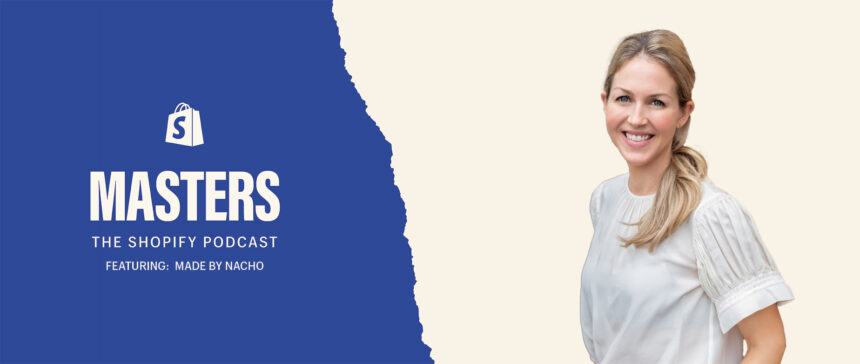Crafting the perfect pitch to investors takes time, and navigating the world of venture capital can be difficult without the right resources, which is why it’s beneficial to tap into the expertise of others.
Ellie Truesdell started the venture fund after nearly 10 years at Whole Foods, where she worked as global product innovation director, helping to discover new brands. New Fare PartnersThe fund has backed leading brands such as: OmsonMid-Day Square, and Chef Bobby Flay’s premium cat food line, Made by Nacho.
Elly has experience pitching both to investors and being pitched by founders. In this article, she shares her pitching strategies and practical tips for aspiring entrepreneurs.
Write short, organized emails
Investors have limited time and are bombarded with pitches, so breaking your cold email down into small, digestible sections and providing a clear objective will increase the likelihood of a response. “Length is very important — keep it succinct and get to the point,” says Ellie.
Add a personal touch
A personal anecdote can go a long way: “You need to know why, as a founder, you put your life on the line to build this business, rather than just chasing an opportunity,” says Ellie.

Making your brand as personal as possible will encourage investors to take a chance on you. It’s best to have a few stories ready that explain the big impact of your business, what it means to you, and why the connection is so strong. “Make me excited and interested, not just about making money,” says Ellie.
Find out what it is that connects that fund, angel investor, or high net worth individual to your business. A story can go a long way in making this connection. “You need something that’s tangible and more personal to you and to them, because they need to know that no one else can do it the way you do,” says Ellie.
Know your audience
Find personal anecdotes that connect you to each fund and thoroughly research the investors you’re pitching to. Talking to other founders who can give you first-hand advice will increase your chances of raising money. “Learn about their past investments and motivations for success and talk to other founders; they should be honest with you,” says Ellie.
It’s important to position yourself well to pitch your brand in a way that’s right for investors. “I make sure I keep my investor details, website, key people, typical investment amount, investment stage and current portfolio up to date so I can approach the conversation as if I were a student of the fund,” says Ellie.
Researching funds is important, but so is knowing your competitors: “It can be painful when you’re pitched a product that says you’re the only one doing X, and then you can think of three or four other brands that do it,” says Elly.
Practice Makes Perfect
The pitching process is not easy – it’s hard to get yourself in front of investors, but over time you get better at it.
“When I first started Made by Nacho, I did a few practice pitches on Zoom calls with funds and people who weren’t going to invest or didn’t really want to invest,” Ellie says. If you can, without wasting anyone’s time, use your connections to hone your pitch and practice it with confidence.
Doing a few test runs is important, and it’s even more helpful if you have other people fundraising with you, as your presentation will require a bit of staging.
As a founder, you will face a lot of rejection, but that shouldn’t stop you from moving forward.
Find out more of Ellie’s fundraising tips and hear how she built a career in full loans.Shopify Master episode.







